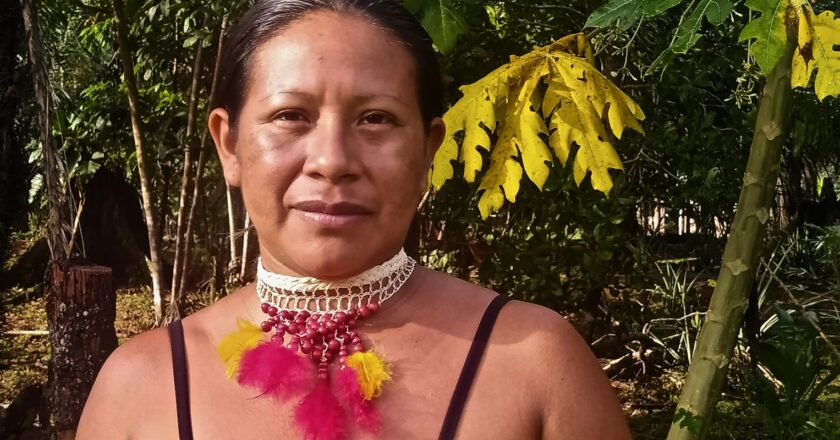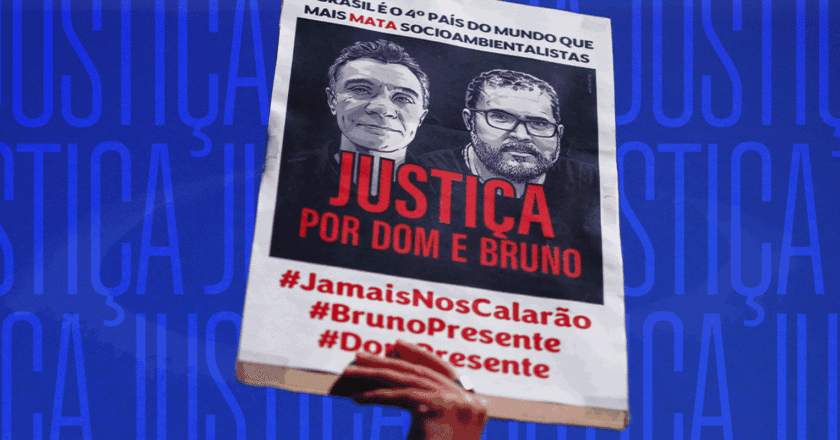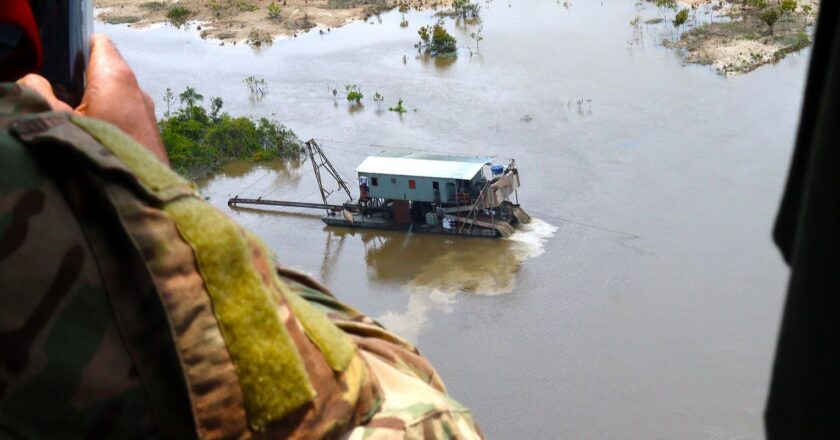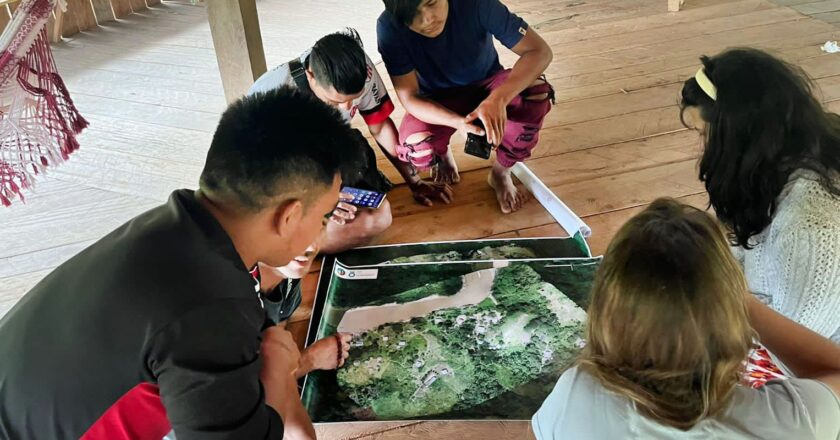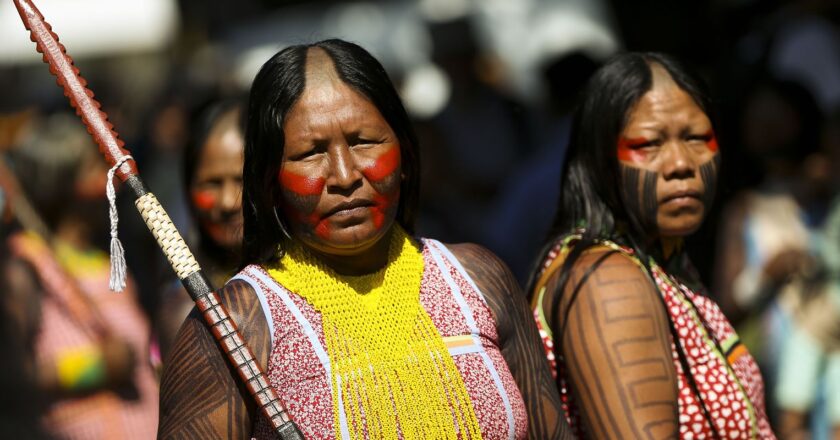Elevating indigenous women’s leadership in safeguarding territories
The surge of female empowerment within indigenous lands has contributed not only to fostering economic prosperity but also in countering threats to communities, such as illegal mining. On the International Day of Indigenous Peoples, on August 9, Inimá Krenak, a social scientist and the project director at Fundo Casa Socioambiental, shared with Agência Brasil that in both productive and territorial defense projects supported by the organization, women's leadership is a priority."Drawing from our extensive experience, it has become evident that women have emerged as the vanguards of safeguarding their territories while simultaneously driving initiatives centered around economic sustainability and market engagement, always aligned with the protection of their territories. By and large, wome...

